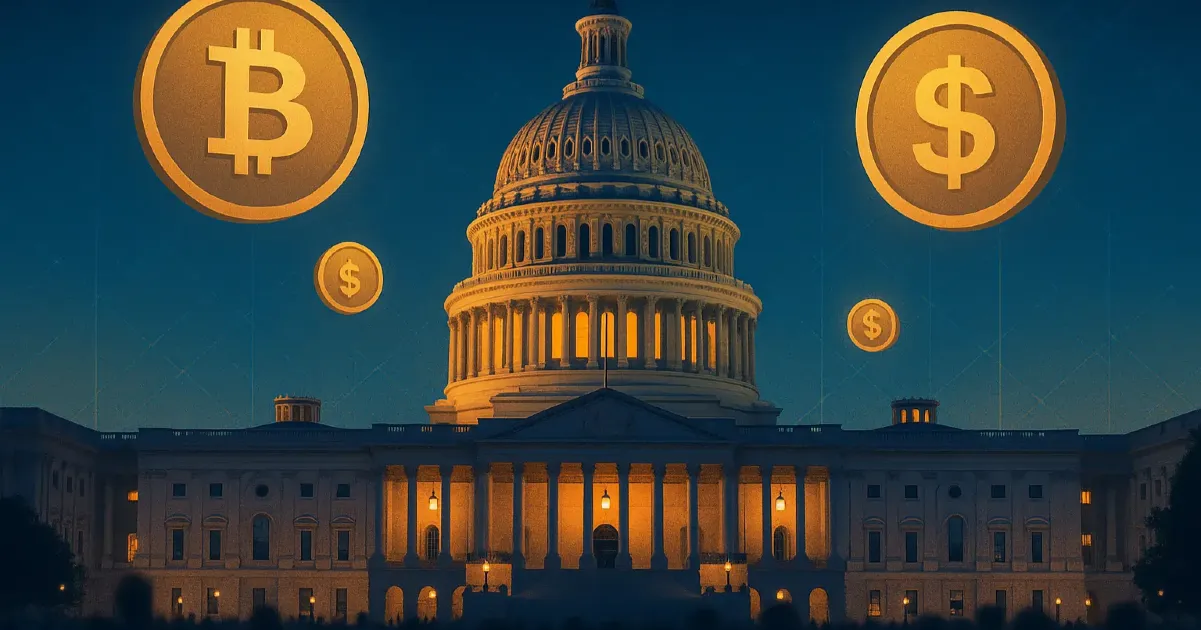Vietnam’s new digital‑asset law and sandbox strategy aim to meet FATF standards and clean up crypto usage. It could restore Vietnam’s financial reputation by 2026.
Vietnam has spent years swimming against the tide on the global stage. In 2023, it earned a spot on the Financial Action Task Force’s grey list, a warning over weak anti–money laundering and terrorism–financing controls.
Now, years later, it's taking a different approach: embracing crypto.
Instead of resisting, Vietnam is weaving digital-asset rules into its financial fabric. It's drafting clear laws, refining licensing systems, and plugging historic regulatory gaps. The goal? Stay off FATF’s radar and make crypto a pillar of legitimacy, not suspicion.
The Grey-List Wake-Up Call
Being grey-listed isn’t a headline-grabber, but it’s a big deal. FATF inclusion signals systemic weaknesses that threaten international partnerships, foreign investment, and even trade financing.
Vietnam's move to regulate crypto is savvy PR, but not just PR. It’s financial damage control. By proactively aligning with global standards, Vietnam can strengthen its relationships with foreign banks, investors, and partners.
Fixing crypto policy isn’t optics. It’s about rebuilding trust.
Digital Asset Law: A Comprehensive Plan
In June 2025, Vietnam’s National Assembly approved the Law on Digital Technology Industry, set to start in January 2026.
We’re not talking about pilot schemes. This law:
- Distinguishes crypto assets (tokens, coins) from simply digital goods.
- Draws sharp legal lines, excluding CBDCs and tokenized securities.
- Establishes licensing for exchanges, service providers, and wallet operators.
It’s a foundation—something legal, something auditable, and something global regulators can point to with confidence.
AML Rules Built Into Crypto Systems
The law also aligns with key FATF demands: robust anti–money laundering and know‑your‑customer protocols.
Exchanges will now need detailed customer onboarding, chain-tracking systems, and mandatory reporting of suspicious activity.
That’s a serious climb for any system once largely unregulated. But it’s the exact climb needed to graduate from “grey” to “green” in FATF’s book.
A Regulatory Sandbox Approach
Vietnam isn’t going blind. Along with licensing, it’s piloting a regulatory sandbox, a fintech zone where crypto firms can operate under supervision.
This allows experimentation in trading, custody, payments, and even DeFi. But it’s also strict. Sandbox participants must comply with KYC, operational reporting, and external audits.
It isn't just about letting innovators run wild. It’s about setting guardrails first.
Law Is One Piece; Enforcement Follows
All law without action is hollow.
Vietnam is working on new enforcement agencies, proper staff training, and cooperation with banks to shut down unlicensed platforms.
Banks won’t be turned off from crypto. But they will be required to refer suspicious transactions instead of ignoring or assisting them.
That’s how the system gets cleaned up.
Encouraging Legitimation, Not Suppression
This isn’t a crypto crackdown. It's a regulated embrace.
Compared to China, which outright banned crypto, Vietnam is taking a different path. It still recognizes user demand for digital assets; it just wants them under its wing.
By allowing licensed players to operate, Vietnam hopes to redirect activity from grey channels into official ones where it can be monitored and taxed.
Why Vietnam Leads in Adoption
Vietnam ranks impressively high in crypto use. Triple-A research estimates over 20% of its population holds crypto, higher than the US, Brazil, or Iran. Chainalysis places it among the top DeFi adopters globally.
Crypto is already popular; now it's simply becoming regulated.
That gives Vietnam legitimacy, credibility, and control.
What This Means for the Ecosystem
Here’s what we might soon see:
- Exchanges filing for licenses and formalizing
- International banks restoring correspondent relationships
- Local startups gaining global credibility
- Licensed fintech hubs piloting token payments
Execution will matter. But the architecture is now there.
A Template for Developing Markets
As Vietnam evolves, others may watch closely:
- Nigeria, Kenya, India all grey-listed at points
- Want to keep crypto’s utility without FATF troubles
- Could adopt Vietnam’s model: sandbox first, law second
If it works, Vietnam could prove grey-list resurrection is possible without suppressing innovation.
What Could Still Go Wrong
A few risks:
- Delayed licenses or unclear guidance
- Poor enforcement, leaving illicit actors on one side
- Banks remaining overly cautious, blocking progress
- Slow economic payoffs from crypto legitimization
But compared to outright crypto bans, this model provides better odds.
Final Take
Vietnam is reinventing its financial reputation not by hiding from crypto, but by integrating it into the fold of global regulation.
With clear digital-asset laws, AML enforcement, sandbox frameworks, and ecosystem momentum, Vietnam is moving from suspicion to legitimacy.
In 2026, we may see it pop off that grey list, with stronger banking ties and a crypto-regulated fintech niche to show for it.
If it succeeds, this won't just be Vietnam’s story. It’ll become a roadmap for other emerging economies facing the FATF ultimatum: adapt, regulate, and thrive or ignore, risk, and fall behind.






